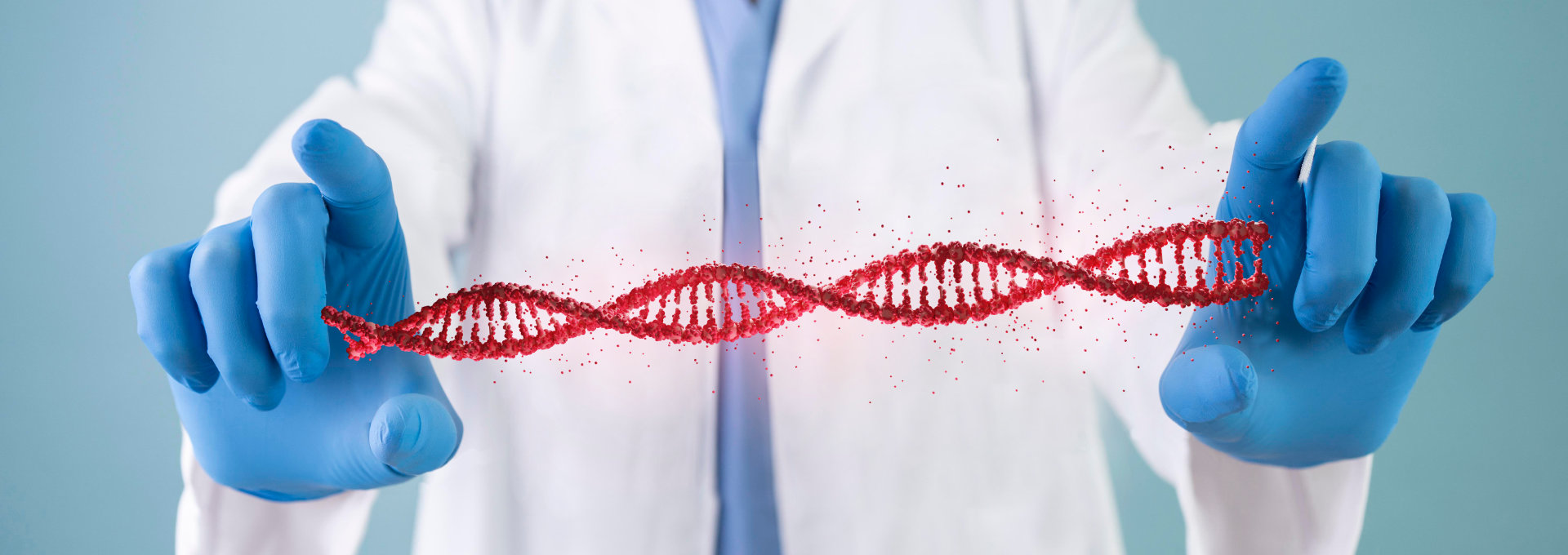Frühe dd-cfDNA-Messung
Dd-cfDNA zur Detektion einer Abstoßung
Besonders nach pädiatrischer Nierentransplantation wäre ein nicht-invasiver Biomarker für eine subklinische Transplantatabstoßung wünschenswert. Eine retrospektive Studie zeigte nun, dass dd-cfDNA geeignet sein könnte, hier eine Biopsie zu ersetzen bzw. dazu beitragen kann, die Indikation für eine Biopsie zu stellen.3
Eine andere Studie validierte dd-cfDNA als unabhängigen Biomarker für akute Transplantatabstoßung in zwei weiteren Kohorten.4 Neben der Messung von dd-cfDNA allein erlaubten die Messung in Kombination mit konventionellen Markern eine bessere Vorhersage einer Abstoßung.4
Steuerung der Abstoßungstherapie mit Hilfe von dd-cfDNA
Referenzen
- Cucchiari D. et al. Evolution of dd-dfDNA during the First Week after Surgery Predicts Medium to Long-term Renal Outcomes. ESOT 2023; 17. -20.09.2023; Athen; Abstract FG3_1.
- Pagliazzi A. et al. Impact of Donor-derived Cell-free DNA Assessment in Monitoring Kidney Transplant Recipients: Interim Report of a Prospective Longitudinal Study. ESOT 2023; 17. -20.09.2023; Athen; Abstract LBOS2_1 2.
- Hogan J. et al. Donor-derived Cell-free DNA (dd-cfDNA) as a Non-invasive Biomarker of Kidney Allograft Rejection in Pediatric Kidney Transplantation. ESOT 2023; 17. -20.09.2023; Athen; Abstract MPS6_1.
- Ursule-Dufait C. et al. Mulitidimensional Risk Assessment of Kidney Allograft Rejection Using Donor Derived Cell-free DNA. ESOT 2023; 17. -20.09.2023; Athen; Abstract OS11_2.
- Benning L. et al. Assessment of Donor-derived Cell-Free DNA (dd-cfDNA) in Kidney Transplant Recipients with Indication Biopsy. ESOT 2023; 17. -20.09.2023; Athen; Abstract OS11_1.
- Osmanodja B. et al. Longitudinal dd-cfDNA Monitoring Reduces Time to ABMR Diagnosis in dnDSA Positive Kidney Transplant Recipients: a Diagnostic Randomized Clinical Trial. ESOT 2023; 17. -20.09.2023; Athen; Abstract LOS1_3.






Inhalt teilen